When Delta ended its direct route to JFK, it represented the end of an era for longtime Russia expats like Resa Alboher
Earlier this year, Delta Airlines announced that it would be discontinuing its direct flight to Moscow from JFK this September through to at least the end of the year. I had taken that famed flight back and forth so often that Delta had become another home to me. First in the old business class configuration where my husband John and I most often sat in our favorite seats—row 5, seats A and B—and then when all the frequent flier miles ran out, in any exit row seats we could muster. The last direct Delta flight I took out of Russia in the spring of 2014 was on a ticket purchased at the very last minute in panicked response to an emergency.
At that time, John was in the U.S. after having been laid off from a position he had held for ten years. I was still in Moscow, pretty broke and teaching American writing at the Humanities University, when I found out that John was being rushed to the hospital in New York City. You should come here right away, my nephew texted to my Russian cell phone.
A friend in New York bought me a $600 ticket on Delta. I chose an emergency row seat with a lot of legroom. A Russian dude—beefy, attractive, with light blue eyes—was next to me in the window seat. Across the aisle was a kindly babushka who rarely flew and was afraid of flying. Ya baius’, she said to me—I’m scared—and reached across the aisle so I could hold her hand during takeoff.
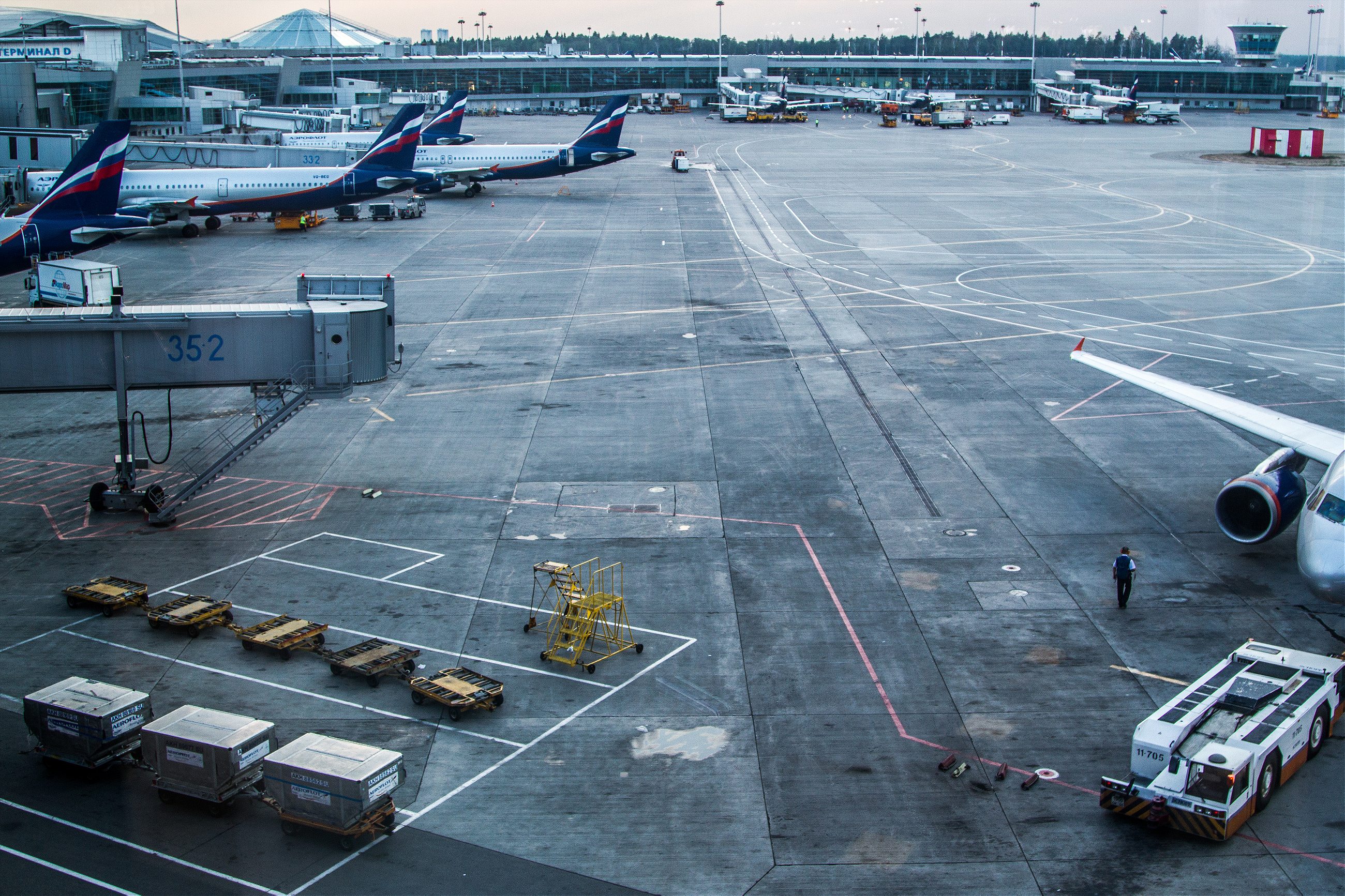
At Sheremetyevo and at most airports in Russia, there are kiosks where you can buy Russian Orthodox icons. For a long time I would carry an icon or two whenever I traveled anywhere. Russia can make you superstitious. After two decades of living there, I cannot kiss or shake hands across a threshold or forget to look in the mirror before I go out, and it is physically impossible for me to go on a trip without sitting for a moment with my suitcase before I leave. In fact, it is only by living in Russia that I finally understood the poignancy of the scene at the end of Chekhov’s The Cherry Orchard when Lubov Andreyevna and her family leave their ancestral house for the last time. They sit for a moment with their suitcases, then linger, knowing they will never return. That is my fear about leaving Russia. Or leaving anywhere. Armed with icons, I am still afraid.
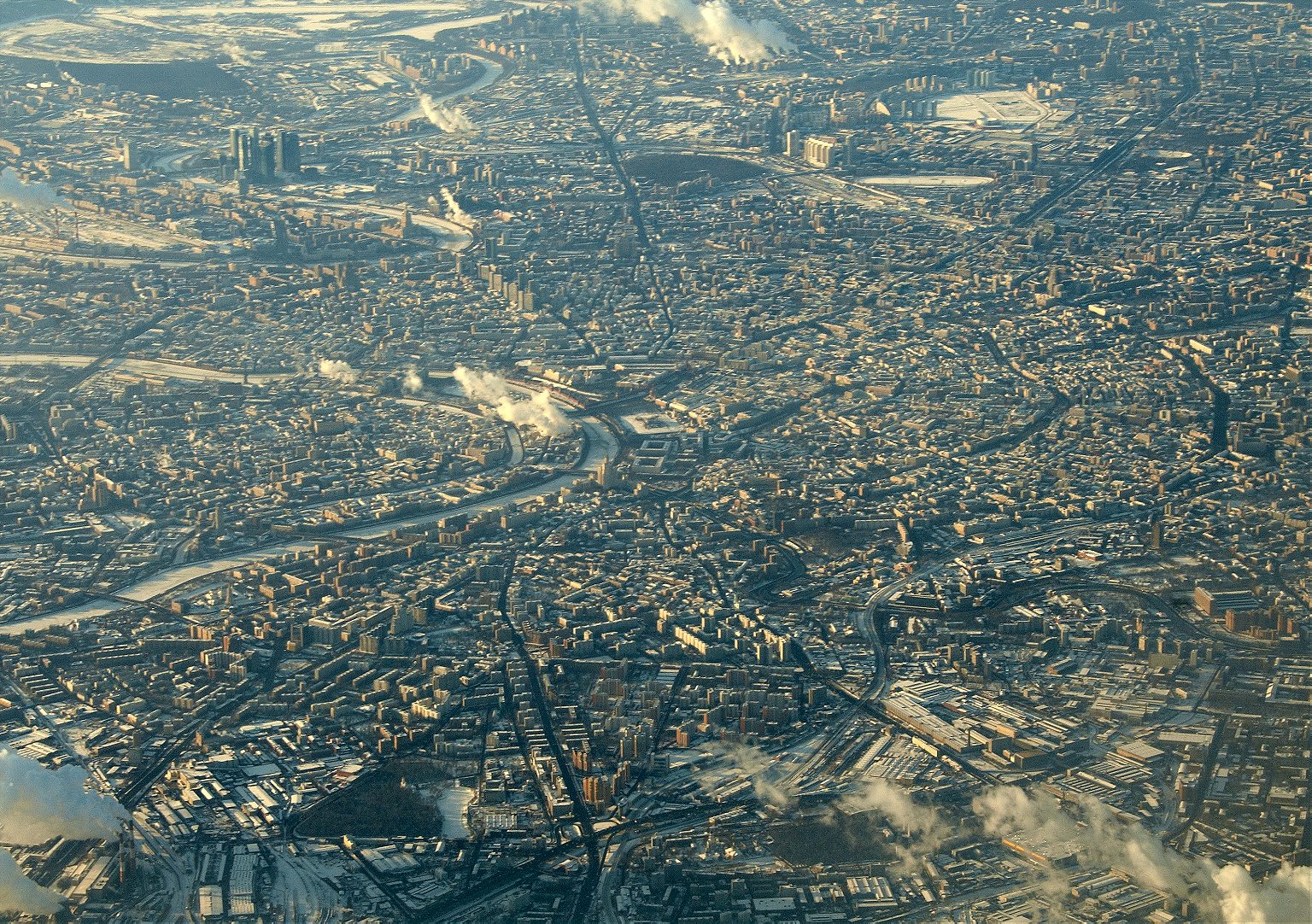
This last Delta flight had something of the epic to it. As the flight progressed, I was worried about John in the hospital. I paced out of anxiety and had an argument with him in my head. You are always stubborn and wait till you are near death to see a doctor, I said to John. I had been up all night on the phone with relatives and ambulance drivers, arguing with the real John who didn’t want to go to the hospital. I was exhausted. All I wanted to do was walk up and down the aisles having my imaginary argument with John until the plane landed. But in the section right before Business Elite a guy with a shaved head and what looked liked prison tattoos blocked my way. He wore military fatigues and was harassing a woman who was pointedly ignoring him as he said to me:
Where are you going?
Where is there to go?
Don’t go up there. Don’t you see that curtain? That is where the bluebloods sit. All the rich oligarchs and Jews.
Don’t oligarchs have their own planes?
Good point, he said, but I don’t even want to talk with you. You are an American. Good you are going home. I want all the foreigners to go home.
Then why are you leaving the Rodina?
He was surprised. How is it you know the concept of Rodina? He paused, standing unsteadily on his feet. The Motherland. Nothing in your English invokes this Russian word. You are a young country, a bunch of babies, what the hell do you know from Rodina?
I lived in the Rodina over twenty years.
Twenty years—twenty years are you telling me? How is that possible, your Russian totally blows. How is it you aren’t ashamed of yourself?
Actually I am, I said. I want to speak better Russian.
Well, we are speaking it now, and while your Russian sucks, I do sort of understand what you are saying, even though you have the accent of a Jew.
I met a man in the early 1990s who had been tortured by Russian speech therapists when he was a boy to roll his r’s so he didn’t sound like a Jew. He told us the story one night at a Russian banya party while we ate iced watermelon and drank horseradish vodka. Oh it was awful, he said. The teacher stuffed pencils in my mouth. Now say reka. Ryba. Roman. But I could hardly say anything at all with all those pencils in my mouth. He remembered spitting and nearly choking on pencils. He remembered the taste of lead.
The Russian nationalist continued speaking.
You are a short woman. I am not attracted to you at all. You are my age, and might be even older. What are you, 48, 49?
Something like that.
I only like younger women and don’t like wrinkles and well, in this light, I can see you are starting to get some.
I am not available anyway.
Oh good. I don’t want to offend you.
You don’t?
You know though, you look like a Jew.
That’s OK, I am a Jew.
You are a Jew? He paused, then with a flourish said, I am an anti-Semite.
Pleased to meet you, Mr. Anti-Semite.
There was an uncomfortable silence, then something in his face softened as if he had made a decision.
I like you, he said.
How could you? I am a Jew.
He laughed. Flying over Iceland, the Jew and the anti-Semite were on their way from the old world to the new.
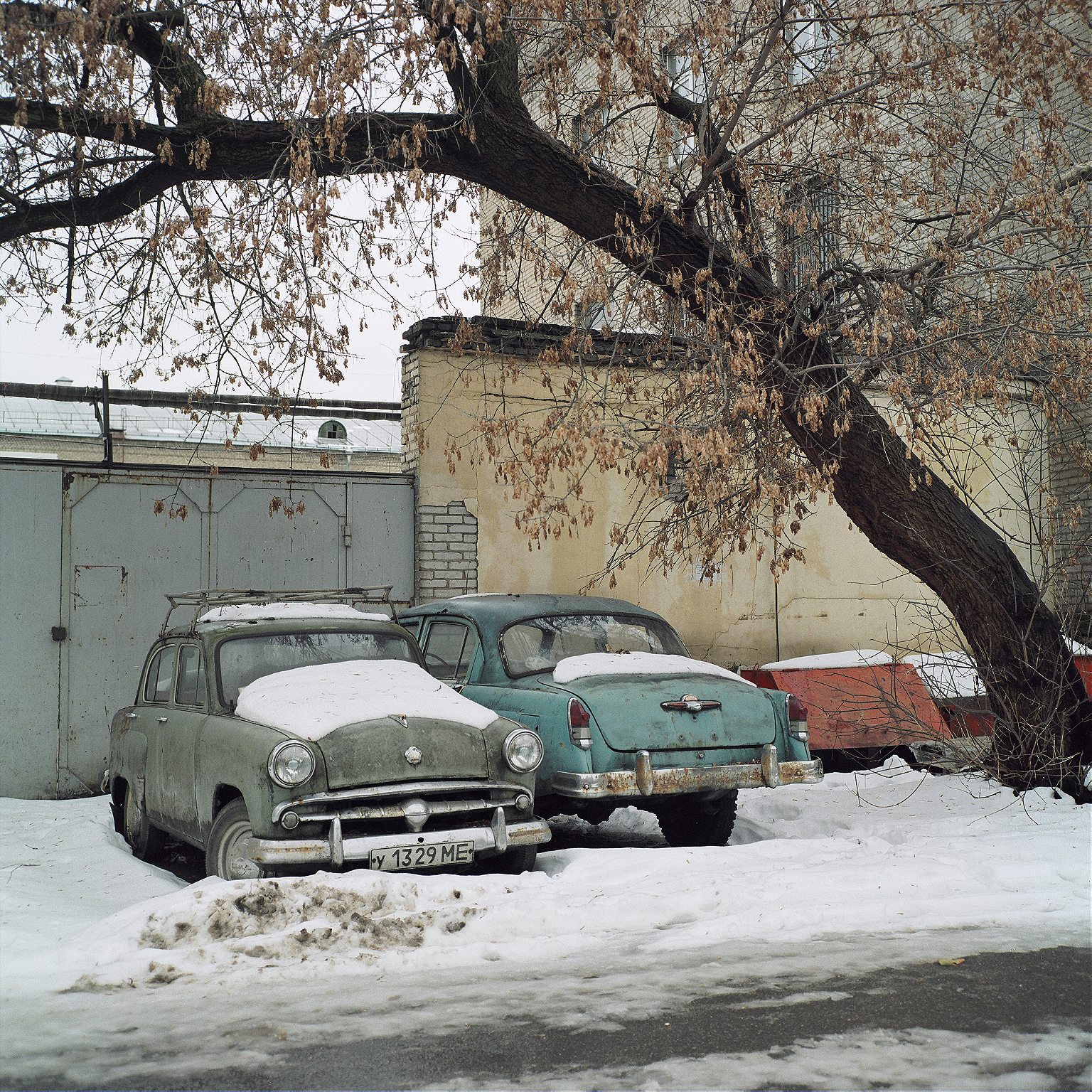
John and I moved to Russia over two decades ago. He had studied Soviet Foreign Policy when there was still a Soviet Union. A few months after our first trip together to Moscow in the summer of 1990, the old empire began to collapse. John felt he couldn’t sit idly by in the U.S., watching the news on CNN. He wanted to be there in the midst of change.
While Moscow was the center of unfolding events in Russia, the first city we lived in was St Petersburg. Even with the post-Perestroika economy imploding, shops empty and people’s pensions wiped away, there was still a fervor in the St Petersburg arts and culture scene—an excitement I had never witnessed before and will probably never get to see again. Piter seemed central enough to me.
IN RUSSIAN SLANG IT TRANSLATES TO SOMETHING LIKE DORMITORY SHITHOLE
We were broke and living in the faculty side of a dormitory, called an obshagain Russian slang, which translates to something like “dormitory shithole.” Our obshaga rooms were nicer than the rooms the students got, but you had to tape up the windows from early autumn to the hesitant summer which began a month later than Moscow’s summer (we were so close to the Arctic Circle) to keep out the icy wind blowing in from the Gulf of Finland.
At some point, not the single year as planned, but maybe six limping years later, John got completely fed up. We were doing our laundry in the bathtub and the water was a perennial rusty brown. We had no kitchen and even with the taped up windows the cold wind cut through in a constant slow whistling howl. As I hung the laundry all over the room, John was cutting carrots on top of the Belarusian mini fridge that kept icing over no matter how many times we tried to defrost it. That’s it, he said, I’m outta here.
We returned to New York, but not long afterwards John was offered a position in Moscow. He came to Moscow first to find us an apartment, and I followed several months later. I remember that flight to Moscow as one of the most comfortable I had ever taken—I stretched out and slept across the Atlantic. John’s new job paid for business class tickets and sometimes we could upgrade to first. So for a while we flew British Airways in splendor back and forth. I drank smoothies and watched British comedies. In first class, they would give us pajamas and our choice of DVDs. I felt someone had made a big mistake letting us fly in such grandeur.
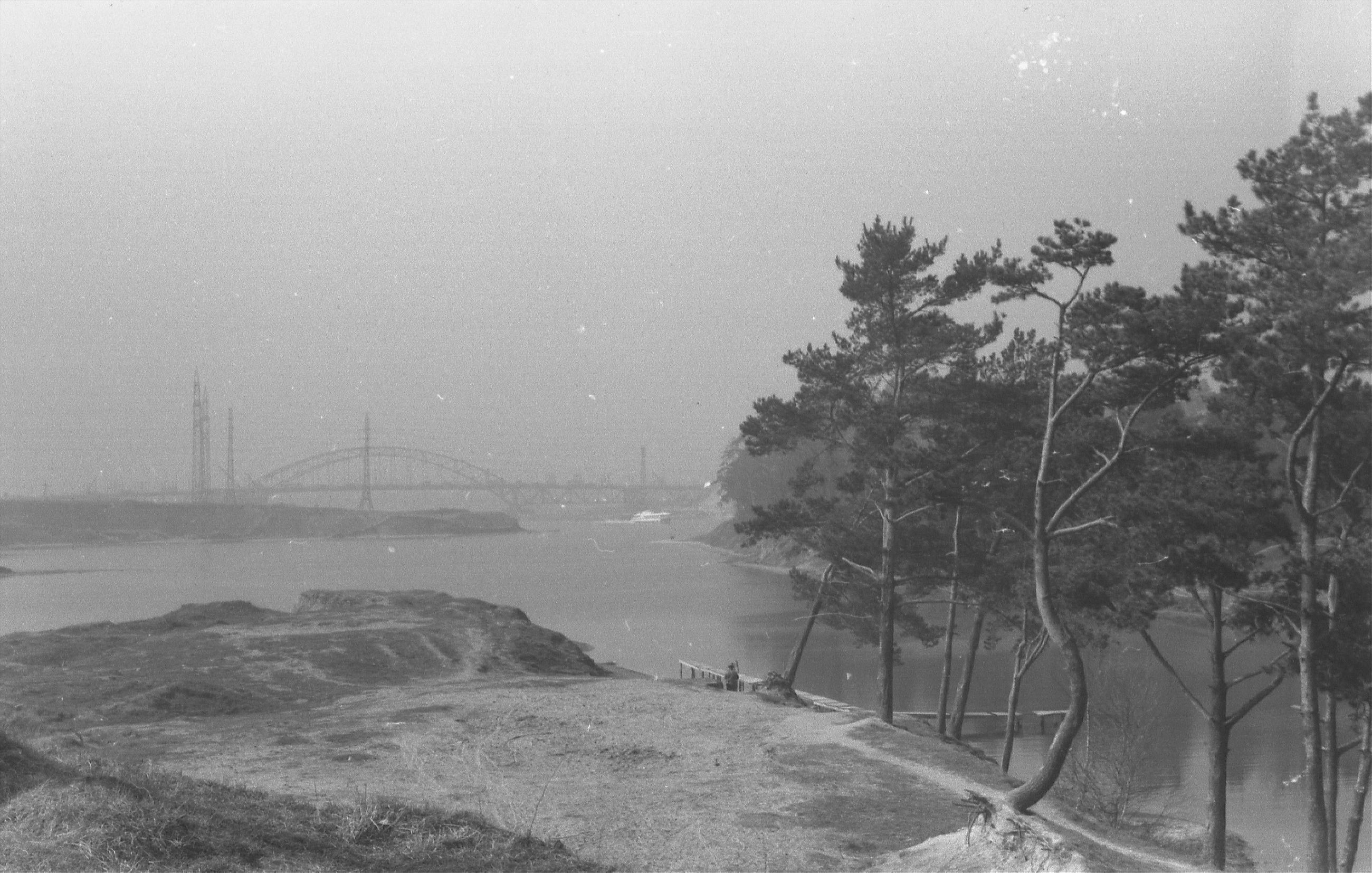
The other day I asked John, When did it shift? When did we start flying Delta? At that time in the mid nineties, Delta was the only U.S. carrier that offered nonstop service to Moscow. He thought for a moment: 1998. The financial crash. When the Gekko markets fell. You know, when everybody blamed George Soros. And when expats left in droves?
I remember the bank runs. I watched them from our windows that looked over the Garden Ring Road across to a bank on the other side, the desperate crowds outside the building trying to withdraw their funds. I thought of my parent’s childhood memories about living through the Great Depression. I was witnessing something like that as we continued living a normal life in Moscow.
We had the fortune of being able to escape and return more or less as we pleased. We ate ice cream sundaes on Delta Business Elite, watched movies and after a few runs across the planet and back found that we had our favorite and habitual row—row 5 seats A and B. As the plane took off, I would say Buddhist sutras quietly to myself and hold John’s hand. I love you, I’d say as the plane ascended. If the plane were to crash, I wanted him to know this. Everything’s OK, he’d say, but a few minutes into the flight when we had reached cruising altitude, almost like clockwork he’d turn to me and say, I’m bored. Shouldn’t they be bringing drinks and warmed mixed nuts by now?
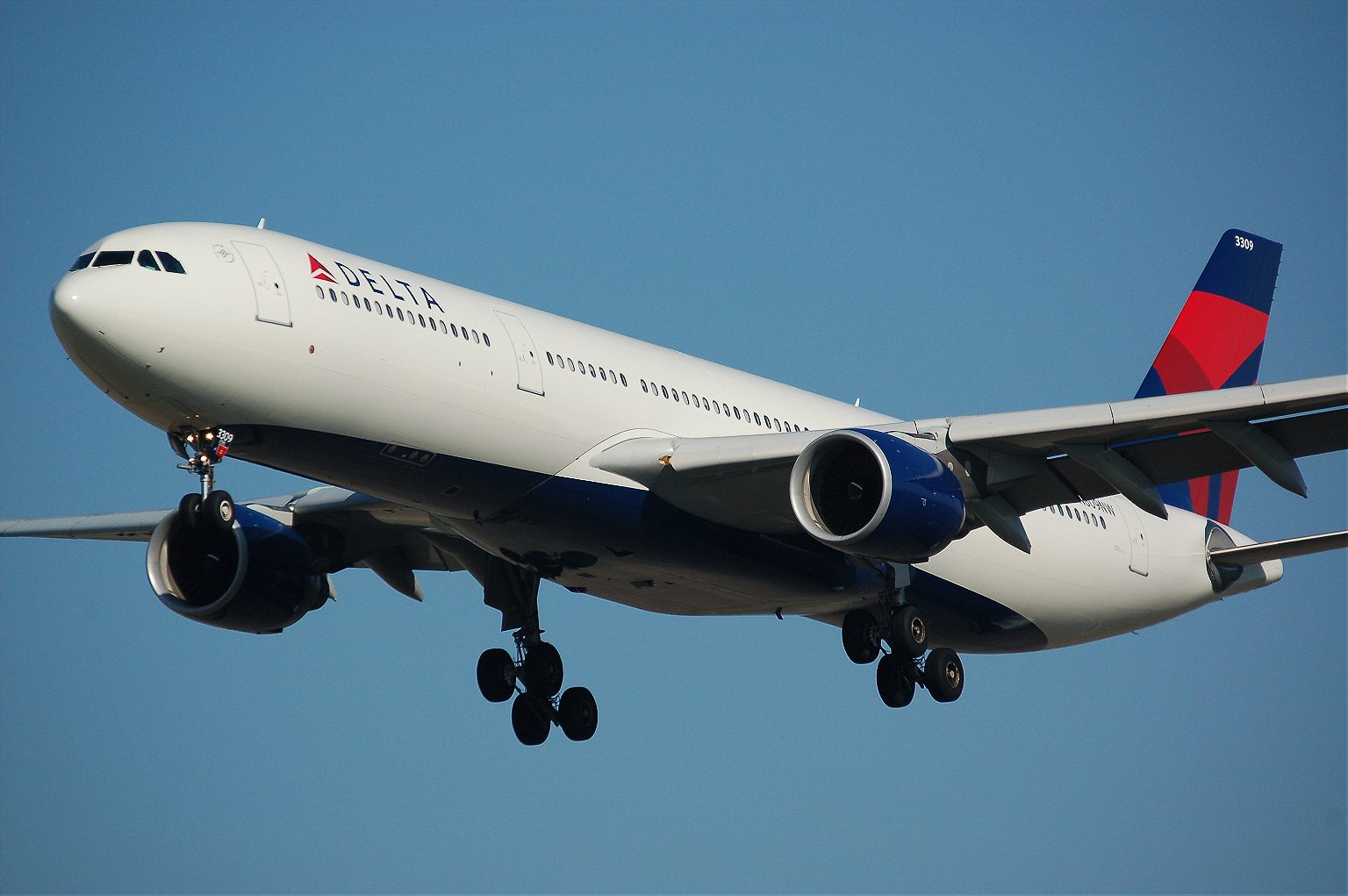
Not all our comings and goings from Russia were in such luxury or with such ease. When John and I departed the first time, after traveling with a student group in the summer of 1990, we left by train from the Finland Station, where Lenin arrived to start the revolution. I was having trouble carrying my suitcases through the crowded streets and something in me gave way. I threw down the bags and wept. Something about the weight of our possessions made me snap. It was like I felt the burden of all those before us who had to leave Russia and could bring only a few suitcases with them.
Maybe my grandfather felt that way when he left. I never met him since he died before I was born, so I can only imagine what he went through when he travelled by ship from Odessa (in his time part of Russia) to Ellis Island. My mother felt like she belonged in Russia on her one trip to St Petersburg in the mid 1990s. I feel closer to my father here, she said with a kind of longing. Her side of the family wasn’t as happy I was living in Russia, always reminding me of the pogroms and anti-Semitic persecution that forced my grandfather to flee.
In my mind, I felt that my living in Russia could be a sort of reconciliation with the horrific bigotry my ancestors once faced. The simple fact of my residence in Moscow would be an act of forgiveness, wiping the slate clean. Whenever the plane began its descent into Moscow, I always felt like I was returning to holy ground.
I would argue with a friend about the soulfulness of Russia. That is such a myth, she once told me, the myth of the rodina, of the Russian soul. I would insist that Russia is mythic, that there is something to the Russian soul. My friend would sigh and shake her head. You are deluding yourself, she said. Lately I have started to wonder what it would be like to put down roots. I thought I was putting down roots in Russia, but I was always a foreigner there. At times a welcome one, but a foreigner all the same.
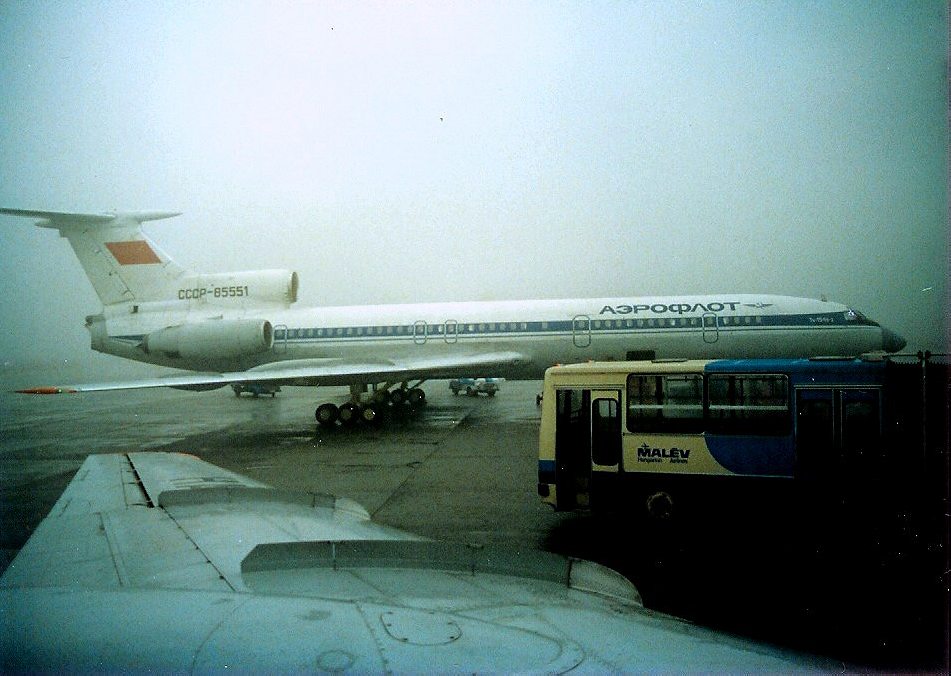
Flying on Delta, I once had a memorable and heart-stopping arrival. We were about to land at Moscow’s Sheremetyevo Airport one January morning. I felt the wave of relief I usually feel especially in winter when I see the frozen Moscow River below and the city as a kind of snowy topographical map, its white geometrical shapes forming a Malevich-esque painting.
As the falling snow pelted the windows, the plane suddenly heaved up in a dramatic rush. We all fell backwards and heard carry-on bags crashing from the overhead compartments and a huge bang when a service cart fell out of its storage area and went flying down the aisle. People around us screamed. I don’t remember if I screamed too, but I remember clutching John’s hand. And then we were horizontal again, back up in the clouds. The pilot made an announcement. Sorry about that, folks. We were almost there, but there was an unscheduled plane on the runway. Our pilot had avoided a collision. I saw passengers crossing themselves as his announcement was translated into Russian.
Now on my last direct Delta flight back to JFK, the Russian nationalist and I both looked out the window over the head of the woman who he had been harassing. The sun was creating a blinding glare and I thought: We are doing a form of time travel, flying backward in time from the Moscow late afternoon, toward what was morning now in New York City. The woman was pretending to sleep. And everyone else in this forward cabin, this cabin behind where the bluebloods ate their ice cream sundaes and reclined on their flatbed seats, was looking pointedly away from us. The nationalist was drunk. He wasn’t the first nationalist or anti-Semite I had met in my life. But he was the one blocking me from pacing back and forth.
So, do you think I am attractive?
You’re OK, I said, and he said you’re OK too. And then he moved in closer, I could feel his hot breath as he whispered:
Can you believe it, this young girl Masha—she was all of 18—we sat on a bench in Sokolniki Park and kissed half the night. Do you know what an 18-year-old kisses like? Then we walked all over the city and at dawn went along the river toward the Kremlin—have you seen our Kremlin?
Come on, that’s ridiculous how can you ask that? He apologized and seemed even more unsteady on his feet.
You could hear the bells of the Spassky Tower. We looked at our Kremlin, and I almost missed this flight. Can you imagine, 18… I am a Nationalist. We were at the Kremlin. I saw the Kremlin this morning. And kissed a girl of 18. I am proud to be Russian.
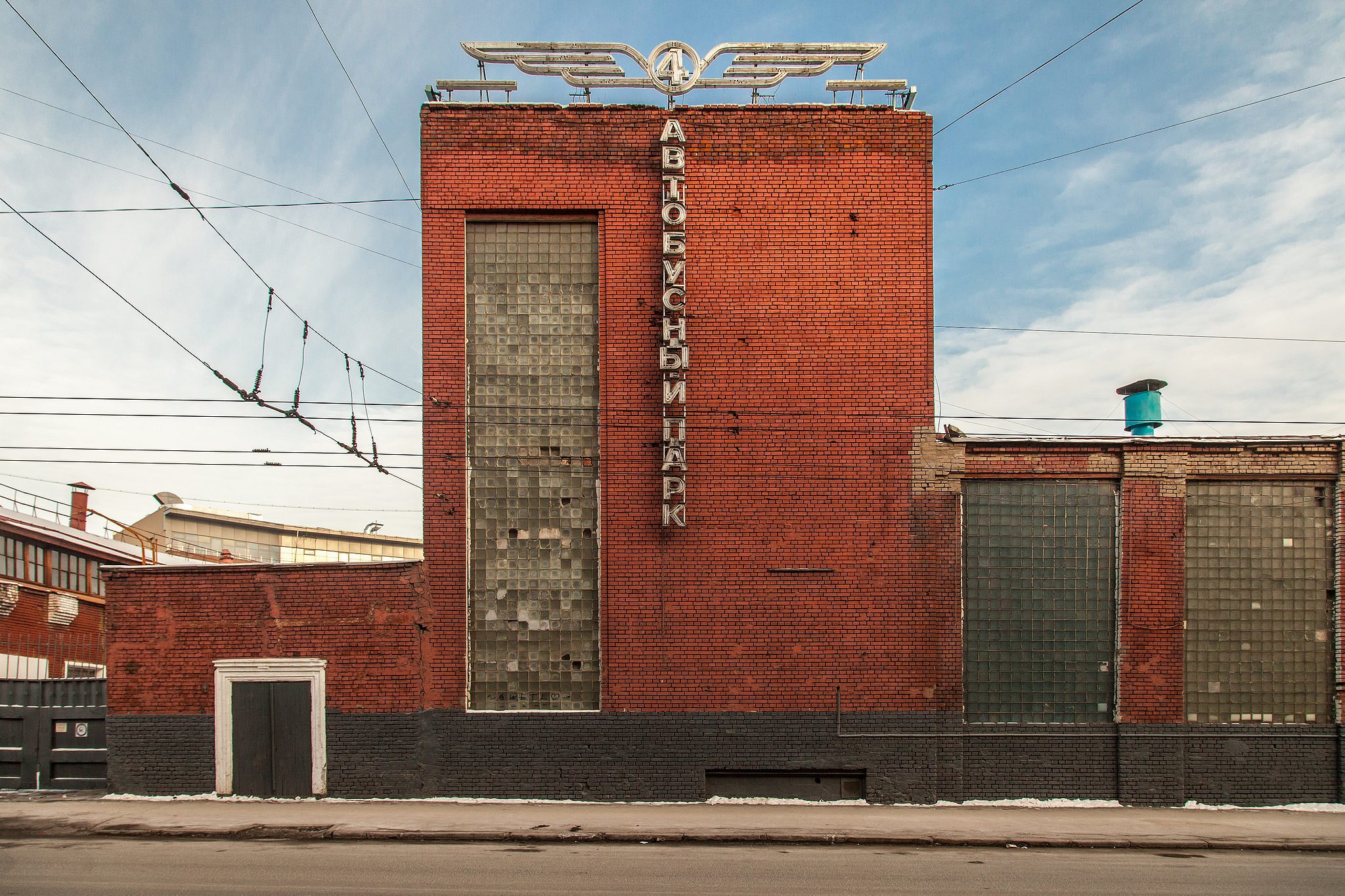
The plane went through a bit of turbulence. There was an announcement in English then in Russian for us to take our seats. The Nationalist took my arm, maybe to steady himself.
I don’t need to take my seat, he said, a little turbulence doesn’t scare me at all. But are you scared, he asked. I was scared of so many things. You know, he said, actually, it is good talking with you. I will find you again. I’ll come visit you later in the flight. I know where you are sitting. I know your row. You have a lot of room around you. How did you get that seat?
I held on to the backs of seats to steady myself through the turbulence as I walked back to my exit row and felt a deep exhaustion. The beefy dude was resting his head on a pillow against the windowsill. You could see pure sky and clouds. Were we still somewhere over Iceland? In 2005, soon after my father died, I saw the wonder of the northern lights over Iceland and John and I watched the dazzling green flashes igniting the dark as the rest of the plane slept all around us in their flatbed seats. I wept then for my father, but now I worried for John. The plane was flying into more daylight, and when I got to NYC it would be more daylight still, and I would sit in a hospital as I had sat in so many these past few years.
What was I doing with my life? I had been in the Rodina twenty years and still could hardly speak passable Russian—the Nationalist was right. I was a foreigner. Always would be one. I thought about other foreigners and their miserable fates. Rastrelli came to mind; his architecture gave Petersburg its character, yet he died penniless and forgotten. I thought of how in the novel Honey for the Bears a British antiques dealer is done in by Russia. Has Russia done me in? I wondered. I will never quite belong in Russia, but it is difficult to live anywhere else.
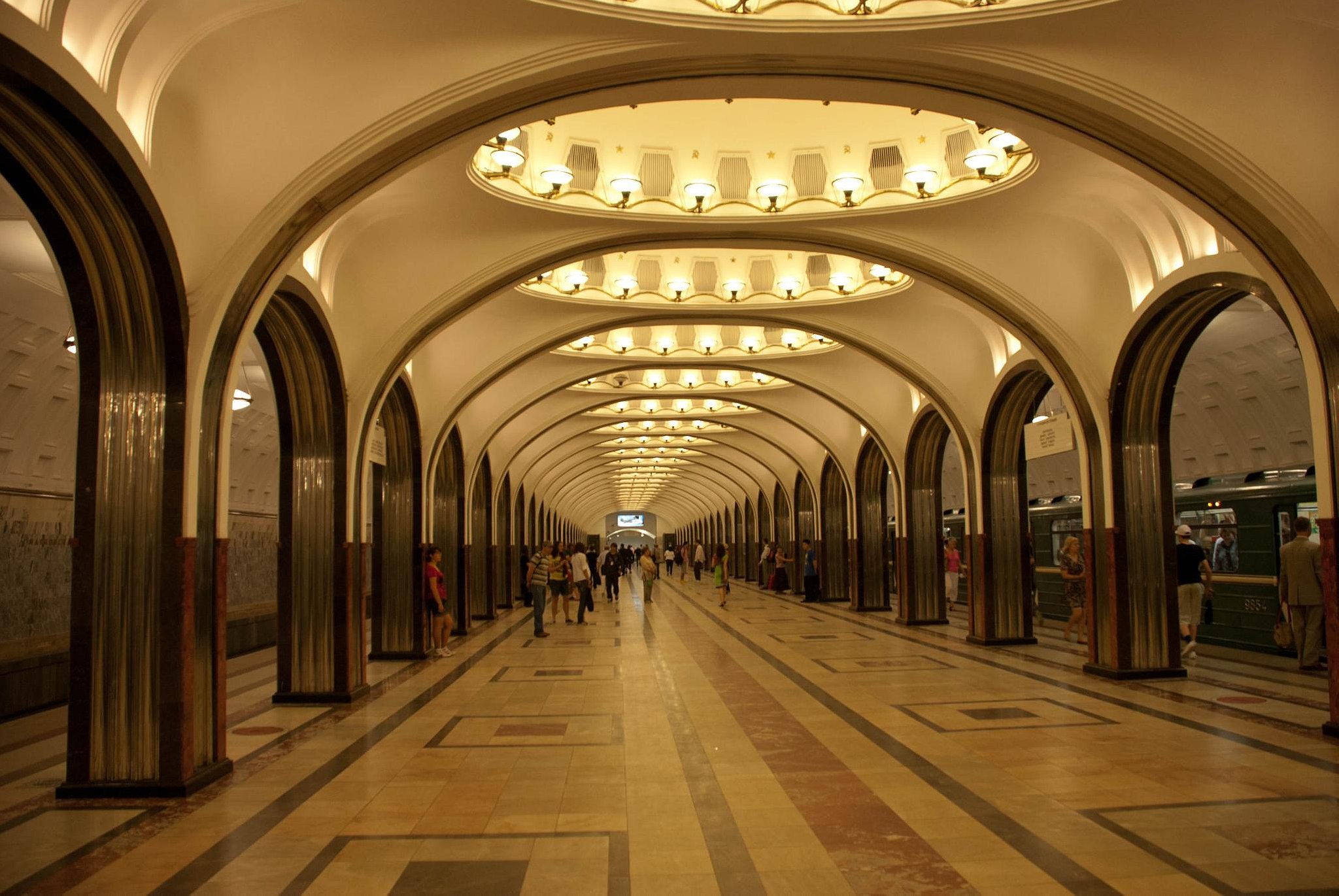
The other day, I felt a wave of relief going to a Russian store in the United States. They had Chudo Yagoda juice and cranberry mors. They had Russian chocolates— Mishka—my favorite kind. But these are meager symbols to carry such a heavy sense of belonging. When the Nationalist came to my seat to find me, I pretended I didn’t see him. He lingered for a moment and then walked on by.
I plan to go back to Russia. I keep telling myself there is a lot left unfinished. Lectures I am supposed to give, museums I still need to visit, didn’t I want to see the Marina Tsvetaeva house, and in twenty years in Russia I have yet to visit Yasnaya Polyana, Tolstoy’s country estate. John and I spent twenty years talking about going there. I’ll only agree to see Yasnaya Polyana if I can see it with him.
With the ruble unstable, and sanctions and tensions over Ukraine, the flights on Delta lately have had too many empty seats—a logical reason for their cancellation—but I hope that Delta revises this decision. There is only one Delta flight: The Delta Flight as expats call it. And on that flight, those few hours in the air were a kind of freedom, a relief from the confusions of a life abroad. On the Delta flight I was more at home than in either country the plane would take me.